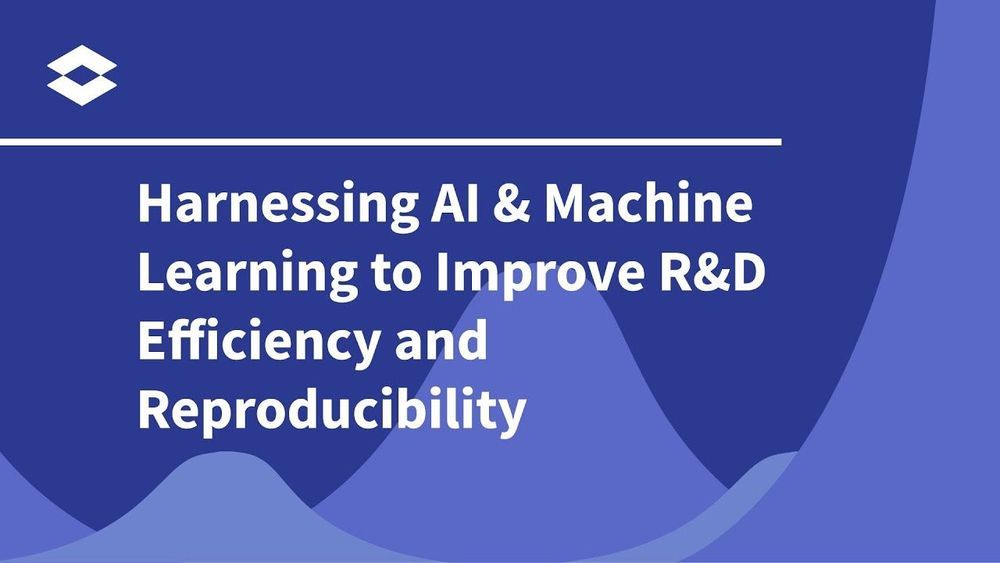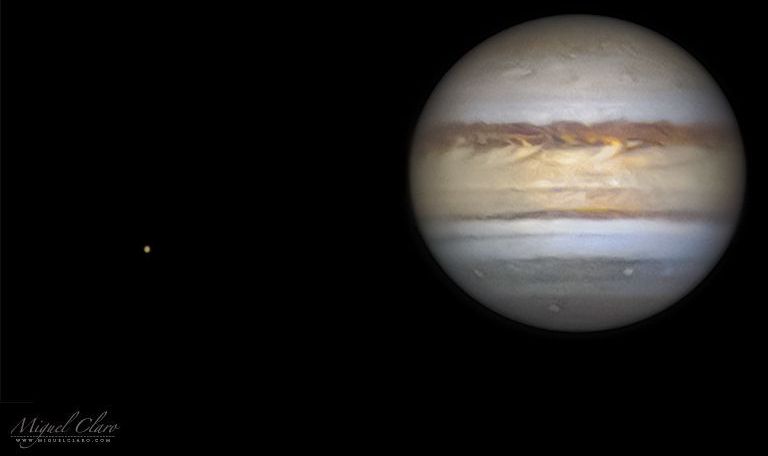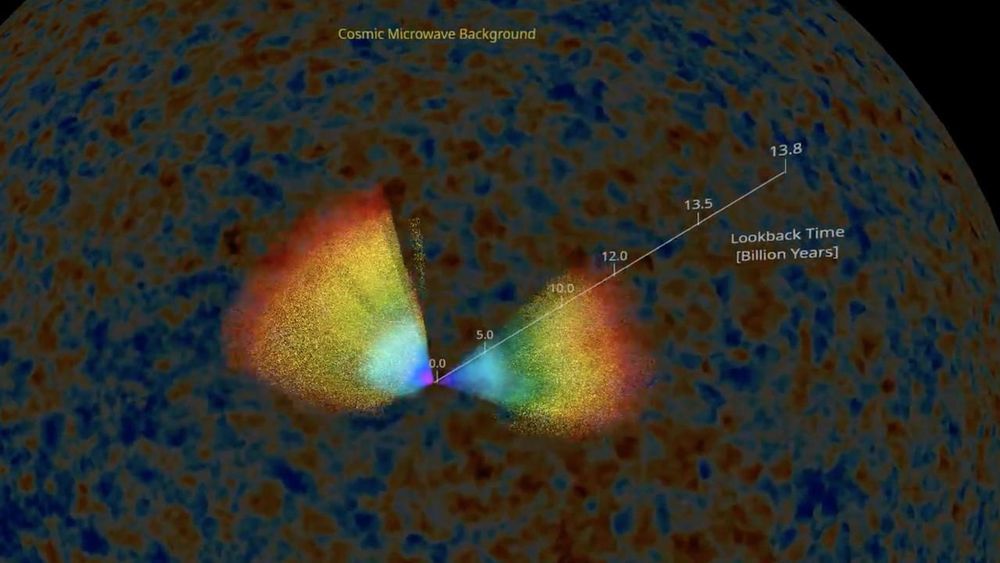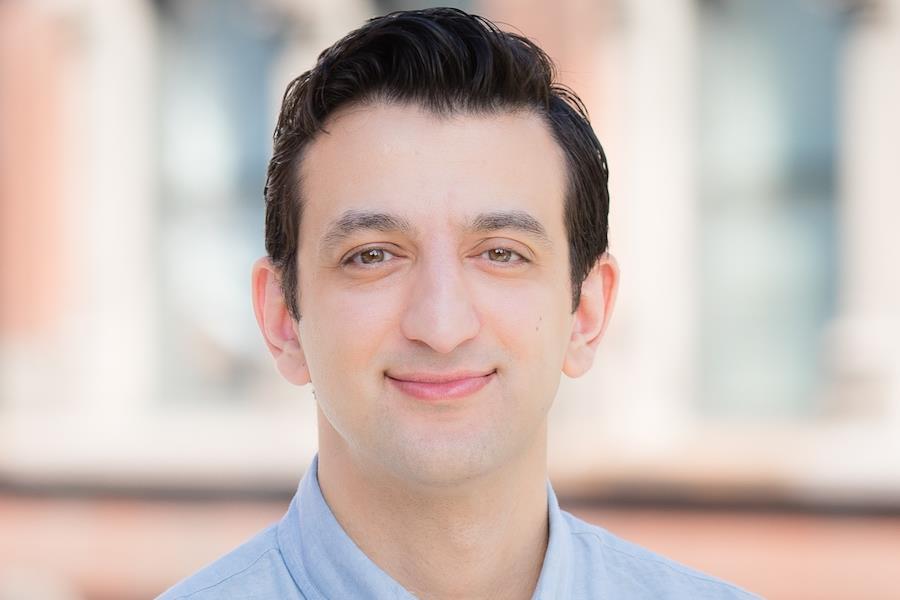Scientists and historians working at McMaster University, the Mütter Museum and the University of Sydney have pieced together the genomes of old viruses that were used as vaccination strains during and after the American Civil War ultimately leading to the eradication of smallpox.
Smallpox was one of the most devastating viral diseases ever to strike humankind, killing about three out of every 10 people who were infected. Those who survived were frequently disabled, blind or disfigured.
The World Health Organization recently celebrated the 40th anniversary of the eradication of smallpox, the most successful campaign ever attempted. As researchers around the world work feverishly to develop a vaccine against COVID-19, the success of the campaign and the findings of this paper, outlined the journal Genome Biology, point to the value of vaccination, say researchers. They suggest other vaccines are waiting to be discovered among the viral relatives of today’s influenza and coronaviruses.










